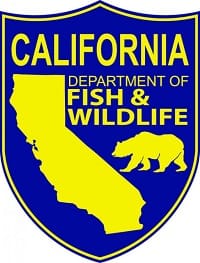California Commercial Market Squid Fishery to Close Friday

The California Department of Fish and Wildlife (CDFW) will close the commercial fishery for market squid, Loligo (Doryteuthis) opalescens, on Friday, Oct. 18, at noon.
Based on landings information and projections, CDFW expects that by Oct. 18, the season’s harvest limit of 118,000 short tons of market squid will be reached. The squid fishing season runs from April through the following March of each year, meaning the fishery will remain closed through March 31, 2014.
CDFW, with assistance from squid fishermen and seafood processors, has been tracking catches daily this fall in anticipation of reaching the harvest limit, which was established to ensure a sustainable fishery. The harvest limit is one of many provisions governing the squid fishery, which has been managed under the state’s Market Squid Fishery Management Plan (MSFMP) since 2005. The goals of the MSFMP are to ensure long term conservation and sustainability of the market squid resource, reduce the potential for overfishing and provide a framework for management. In addition to the harvest limit, weekend closures were implemented to allow for periods of uninterrupted spawning each week.
The MSFMP was developed under the provisions set forth by California’s Marine Life Management Act (MLMA), which became law in 1999. The MLMA created state policies, goals and objectives to govern the conservation, sustainable use and restoration of California’s living marine resources such as squid.

